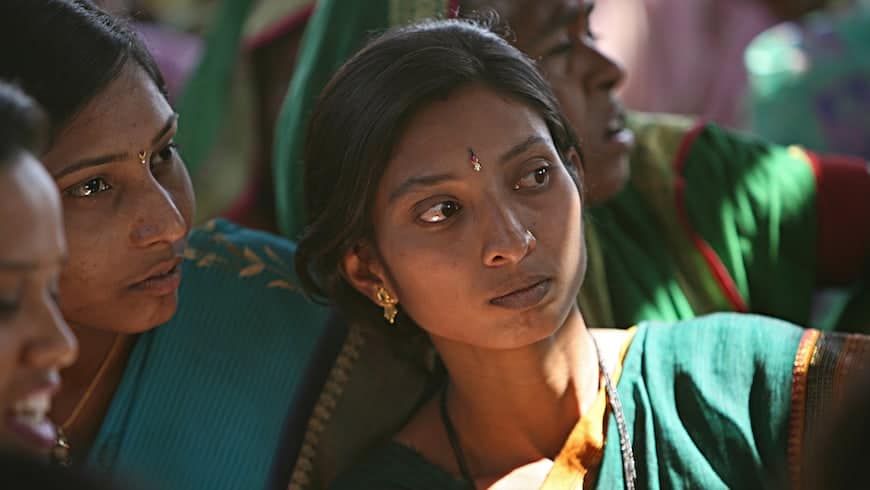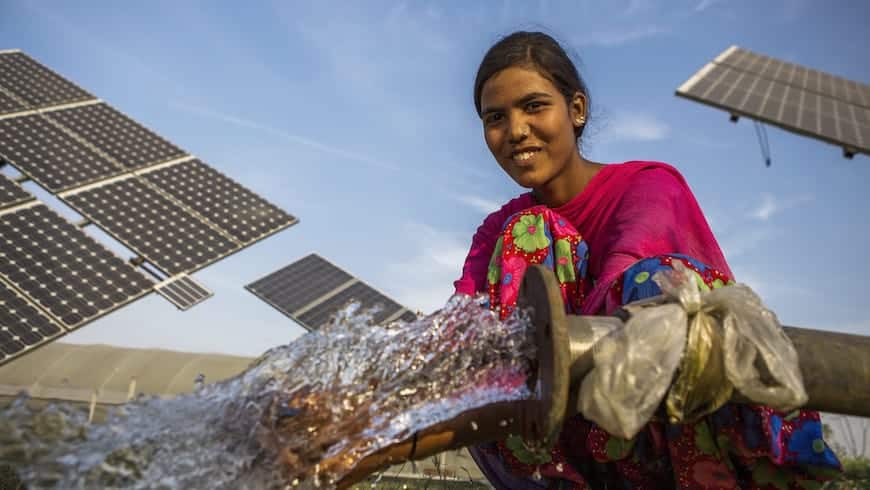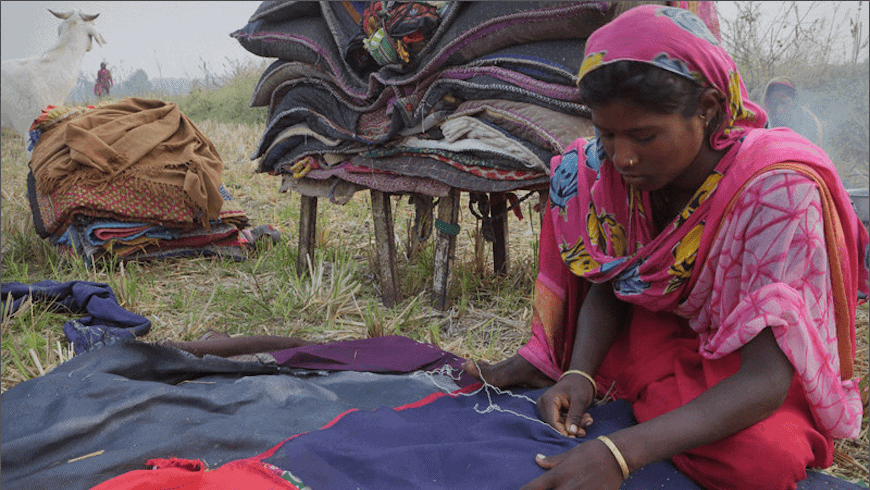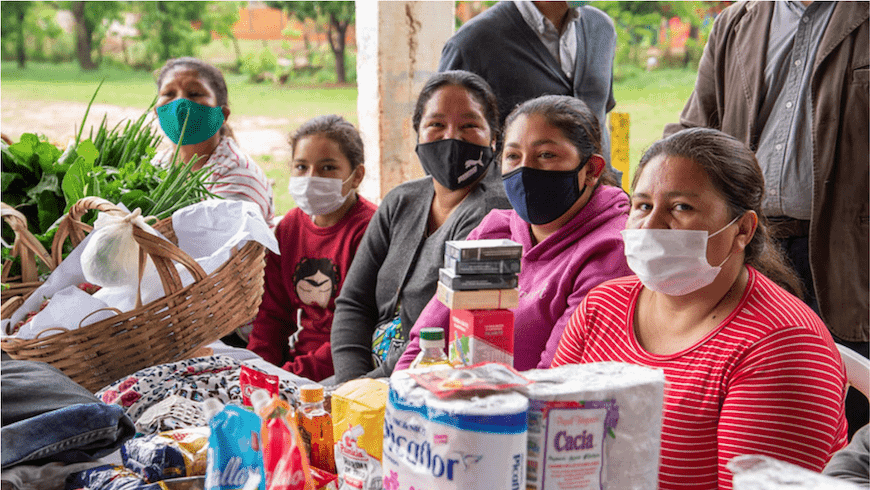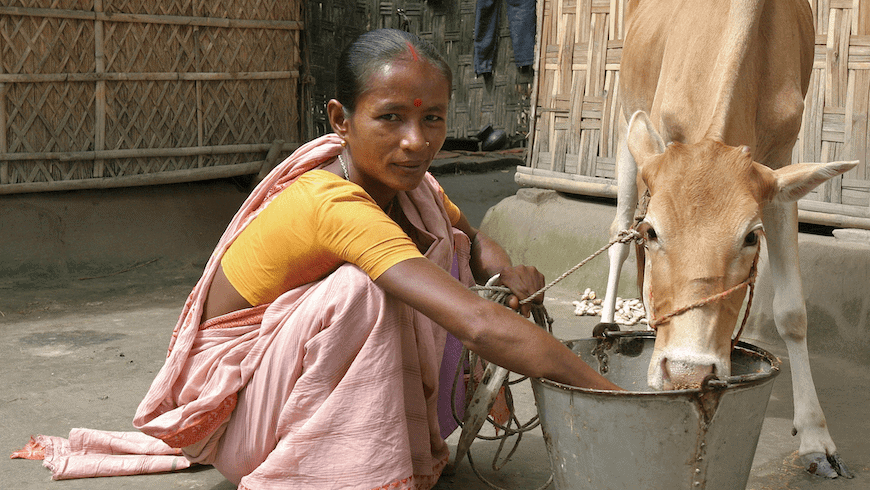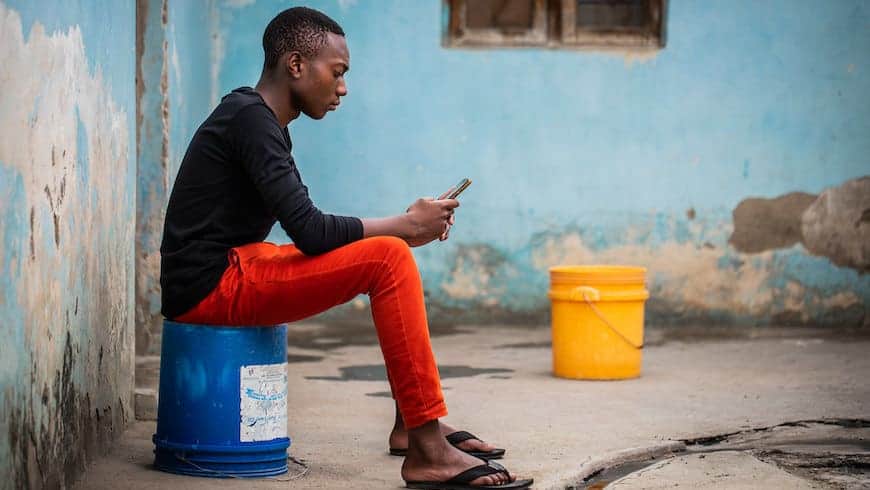May 11, 2022
Last mile distributors (LMDs) are key to bringing life-changing products to hard-to-reach consumers, and innovation is essential to their work. But as Emma Colenbrander and Charlotte Taylor at the Global Distributors Collective and Gerwin Jansen at Bopinc explain, these innovations are often not replicated, leading LMDs to spend time and resources reinventing the wheel. They explore how innovation challenges can foster greater replicability and inclusivity, and share three key insights for LMDs and other businesses and organizations working to support innovation at the last mile.

